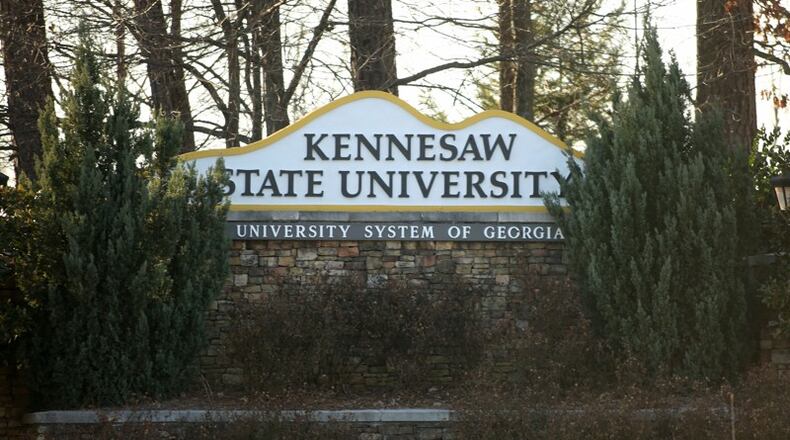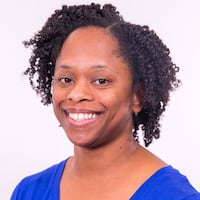Cobb County has gone back to the drawing board to get a handle on apartment units that cater to college students.
The county is working on an ordinance that would regulate off-campus student housing, which are apartment units designed for college students who don’t live in on-campus dormitories.
Explosive growth in enrollment at Kennesaw State University in the past decade has spurred more of the specialty student apartments in Cobb, often bringing noise and crime to older, established neighborhoods.
The university has more than 35,000 students enrolled at its campuses in Kennesaw and Marietta, with an estimated 30,000 living off-campus.
The county has had a moratorium on new off-campus student housing since 2018. County commissioners in February voted to extend the moratorium for another four months so staffers can research proposed regulations to limit where student apartments could be constructed. The commission could vote on the regulations as soon as May.
There are seven student housing developments around the county built by private developers: Four in unincorporated Cobb, two in Kennesaw and one in Marietta. Jason Gaines, planning division manager with Cobb County, said this type of housing differs from traditional apartments in that students can lease individual bedrooms instead of an entire unit, and the term of the lease may line up with a college or university’s semester. The apartments are built so that multiple bedrooms share living and kitchen areas, similar to college dorms.
The increase in student apartments has contributed to an increase in “typical college behavior” such as loud music and parties that disturb neighborhoods close to the complexes, Gaines said. Besides noise, crime can be an issue. Cobb and KSU’s police departments have been monitoring robberies and burglaries reported at student apartments.
“That’s probably the biggest contributing factor to the urgency of addressing the situation,” he said.
Gaines said Cobb County staff members have studied similar ordinances in places including Athens-Clarke County and Statesboro in Georgia, and in Tallahassee, Fla. and Greenville, N.C. to get an idea of how other areas are regulating student housing. It’s also in close contact with KSU, which has offered data on student housing and enrollment to help the county with its policy efforts, said Tammy Demel, assistant vice president of communications.
READ | Mableton cityhood efforts underway
KSU has about 5,200 residential beds for students between its two campuses: 1,700 in Marietta and 3,500 in Kennesaw. While they may not have any direct control over students who live off campus, Demel said KSU’s Code of Conduct and Sexual Misconduct policies still apply to all enrolled students.
When asked if KSU will consider building new housing on campus to accommodate its growth, Demel said “KSU regularly reviews our current operations and services in order to be prepared for the requirements and needs of future students.”
Tullan Avard of the Bells Ferry Civic Association said she hopes something can be implemented that will benefit everyone, including the students. Along with apartment-style student housing, Cobb residents in the past have also had to contend with students who decide to rent an entire house in an established neighborhood. The county's ordinance only allows two unrelated adults to live under the same roof, but renting a home can be cheaper than an apartment room rental, Avard said.
To address safety issues, Avard said Cobb County Police Department officers host monthly meetings with students and housing managers to discuss any trends or topics. Avard told The Atlanta Journal-Constitution she hopes new regulations will address where these new housing developments will be located.
“They need to stay around the university, but it’s getting harder to find available property,” she said.
Like Cobb County News Now on Facebook |Follow on Twitter
About the Author
The Latest
Featured



